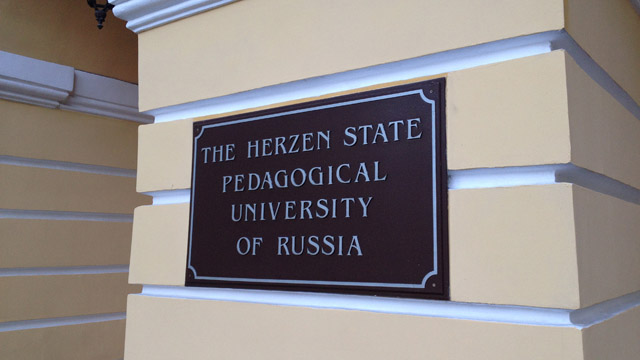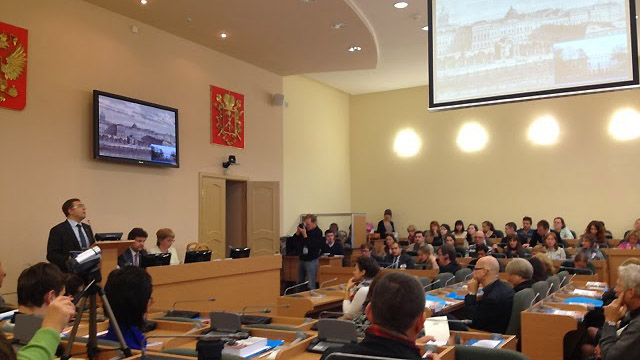As broad as it is hard to define, digital humanities is a discipline examining the effect of digital technologies on contemporary culture. Developments in industrial and creative processes, user behaviour and anthropological analysis, or the social implications of an increased reliance on software and hardware are all points of contest, while often resulting in a recurring question: ‘are all these new technological tools necessary?’ It’s a vague one, often asked and hard to answer. Despite the fact that technology is inherently human (in that it is created by humans, for humans), digital technologies are recognised by many to operate on another, non-human, separate, and potentially worrying level.
The understanding that culture is somehow being threatened by digital developments –that traditions and skills are being lost through the employment of new digital tools and creative processes –calls for the practice of Digital Humanities to preserve what is human in this worldwide ‘digital age’. It’s hard to ignore just how much technology is being integrated into all professional fields, while remaining a subject that almost all of us can engage with. Many of us own mobiles and computers and a lot of us are aware of the internet. But perhaps what’s more interesting here is that anyone can join a debate questioning the cultural impact of these technologies. Working from London, this cultural impact has been one explored from a primarily UK, US and Western European perspective. That’s a digital dominance that left me unsatisfied. So I went to Russia.

Over two days in October, the Cultural Research in the Context of <<Digital Humanities>> conference in St. Petersburg, addressed some of the issues associated with professional technological integration. The bulk of speakers came from across the Russian Federation than the rest of the world, while topics spanned research practices, philosophies, communication and new mediality within the context of digital humanities. Mostly, established humanities academics from higher-level educational institutions spoke. Some Russian BA and PhD students, from organisers the Herzen State Pedagogical University of Russia offered their insights, while a pair of Dutch graduates presenting a start-up development platform offered almost the only non-Russian technologist perspective.
The recognition of new cultural developments, as well as the privileging of cultural consideration in a digital context, was certainly a key aim during the forum, while varying rates of technological engagement across nations managed to leave these shared goals unhindered. It was surprising how much focus was, not only on Digital Humanities generally, but the state of the discipline elsewhere. And while the subject is a fairly new one in the west, it certainly seemed comparably less developed in the context of a Russian academic field. As an example, the event, as well as individual participants, had an extremely limited online presence: for an international Digital Humanities conference, the lack of a twitter feed or hashtag was striking, as was the fact that no Russian social media equivalents were mentioned at all during the presentations. Regardless of these differences, the overall goals were something that everyone could recognise and work towards, and in itself, such a vision was expressed by an organiser characterising the event as as “a huge step for the whole Post-Soviet Era”. That sentiment stayed with me the more I engaged with the Russian participants, while realising that for many, this freedom and ease of expression, particularly within a digital context, was not such an established part of their own cultural history. A sense of apprehension illustrated the long-term effects of the one-party state, as well as the awareness that these lingering national and generational behaviours will inevitably impact our interactions with an (increasingly digital) environment.

With this in mind, conceptual ideas and considerations (like how digital reliance can affect the way we think and learn) were mostly presented by the European or American participants, while the majority of Russian speakers investigated technical opportunities through discussion of platform or system development. Techniques were explained at length: the methodology of 3D modelling for the preservation of cultural buildings and sites throughout Russia were considered, for example, as was the potential of academic e-publishing. Yet, investigative conversation about the cultural purpose behind such digital tools and practices was absent. It seemed as though the execution of new technologies had begun to take control –yet it was for exactly the danger of this happening that the conference had been arranged. That’s just one example of the complexities in a field like digital humanities: ideas and attitudes regarding concepts of digital dualism were still divisive, and while participants were aware of these challenges, approaching them remained difficult, and necessitated being done so sensitively.
Knowledge-sharing events are always exciting, and the experience of discussing such fascinating issues in person only emphasised the importance of ‘real’ interaction alongside the online, virtual communication being scrutinised. Yet, within this context the laying out of one’s identity in a communal, digital space remained slightly unnatural. As a concept, the fluidity of individual ideas (rather than anonymous techniques) passing through a digital system still opposed the restrictive nature of the Soviet structure governing Russian culture for so long before. Perhaps Russian limitations in terms of Digital Humanities reflects this: a society’s interaction with technology being directly linked to that society’s culture.
What’s clear is that people from all over the world are approaching digital humanities as an incredibly important issue –not only as academic and educational practice, but as a matter of contemporary social existence. Despite perceived national differences, the role of the digital humanist is the same on any continent. Without sharing ideas about the direction in which our lives in a contemporary, digital context are developing, we run the risk of losing those aspects of our culture that mean the most. And regardless of what stage of technological integration a particular society is in, we can be certain that as digital technology develops, so too will the discipline of digital humanities. **














